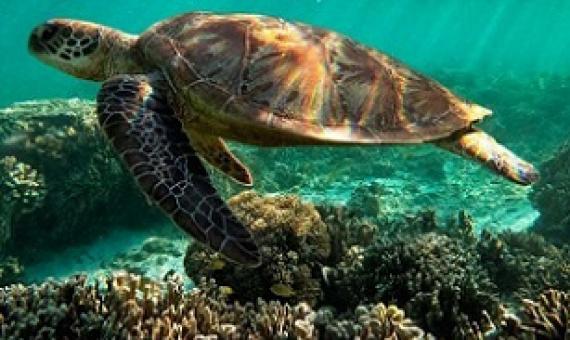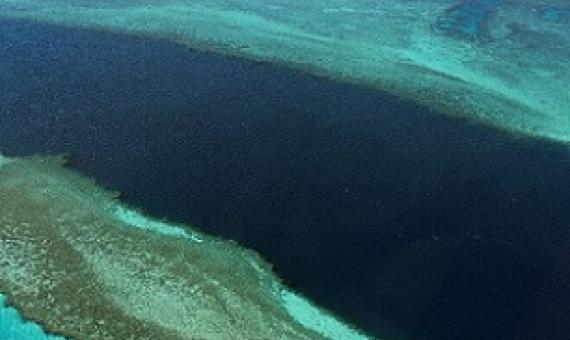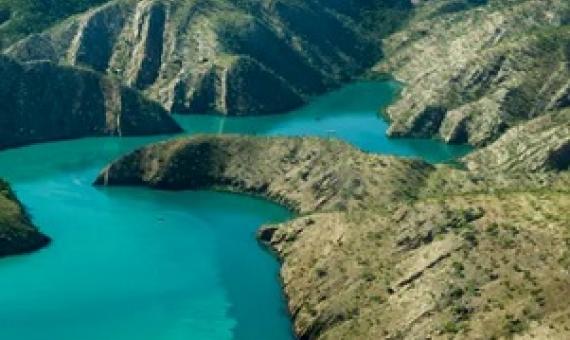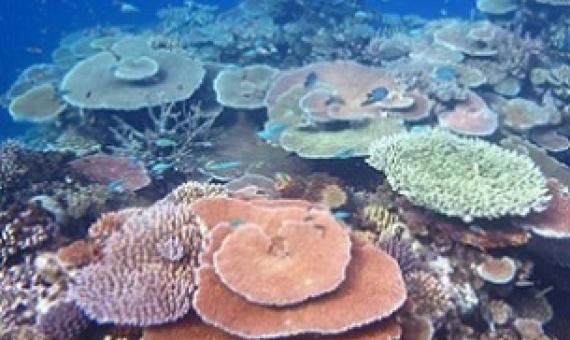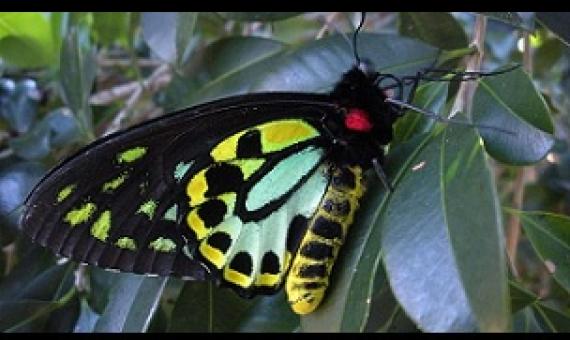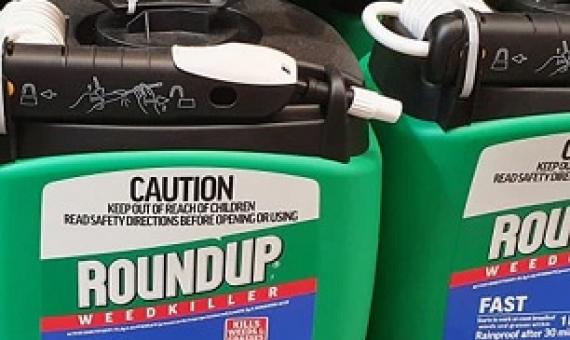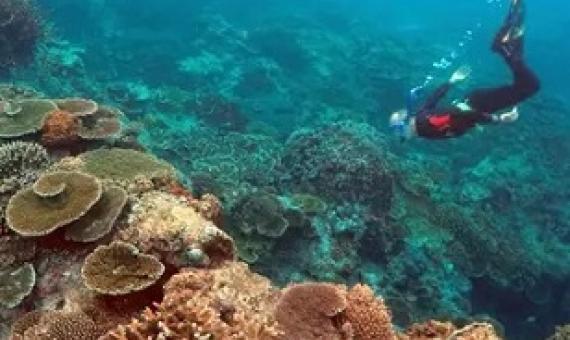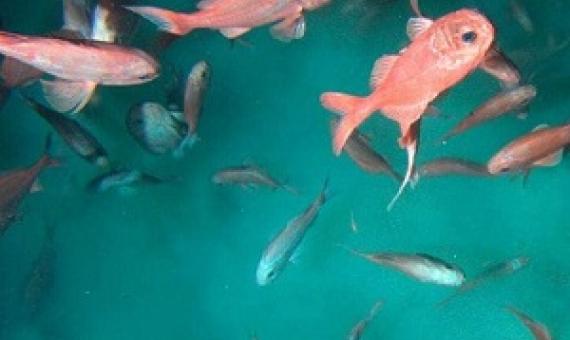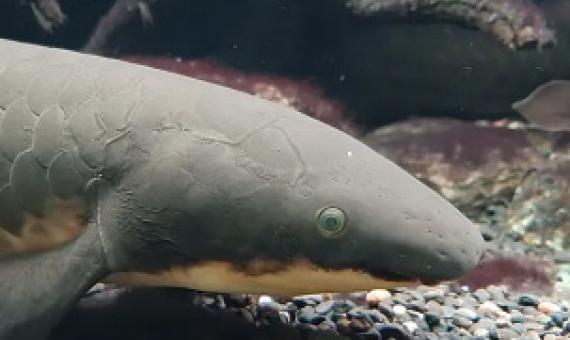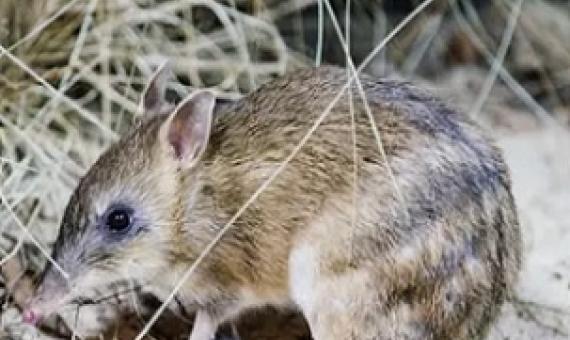The Great Barrier Reef has not been added to the Unesco list of World Heritage Sites that are "in danger", following strong lobbying from Australia.
Australia on Friday avoided having the Great Barrier Reef listed as an endangered world heritage site by UNESCO, despite extensive climate change-fuelled damage to the ecosystem's corals.
Recent disasters such as the Black Summer bushfires and the Juukan Gorge destruction highlighted the need to put Indigenous people at the centre of decision-making about Australia’s natural places...A project off Western Australia’s northwest coast offers a potential way forward.
After years of climate-worsened damage to its vibrant corals, Australia's vast Great Barrier Reef could this week be added to UNESCO's list of endangered World Heritage sites.
4600 hectares of additional land protected in Queensland, meaning the total protected area is 8.26% of the state. Half a million dollars in grants will be provided to landowners to better manage private protected land.
A weedkiller banned overseas can be used in the World Heritage Wet Tropics Area in Far North Queensland. Roundup contains glyphosate, which the International Agency for Research on Cancer has classified as a probable carcinogen.
Australia is demanding world heritage experts carry out a monitoring mission to the Great Barrier Reef before an international committee decides if it should be placed on a list of global sites in danger.
Conservationists are calling out New Zealand's bottom trawling fleet for operating the “most destructive fishery” in Australia as Kiwi vessels trawl for orange roughy off the Tasmanian coast.
Identifying the age of animals is fundamental to wildlife management. It helps scientists know if a species is at risk of extinction and the rate at which it reproduces, as well as determining what level of fishing is sustainable.
A Coalition government strategy to save Australia’s endangered wildlife has failed to meet targets to stem the decline of many birds, mammals and plants.

